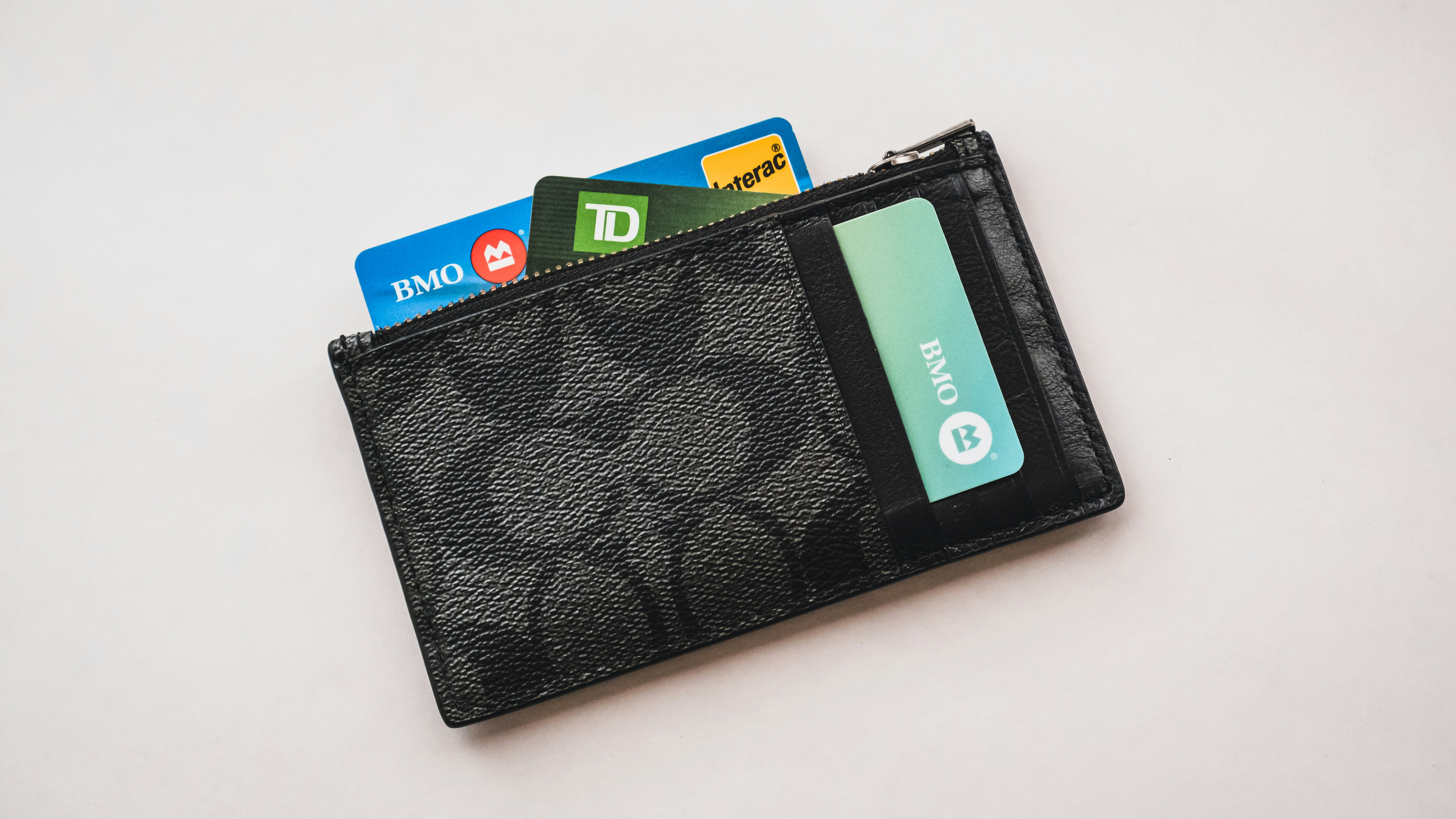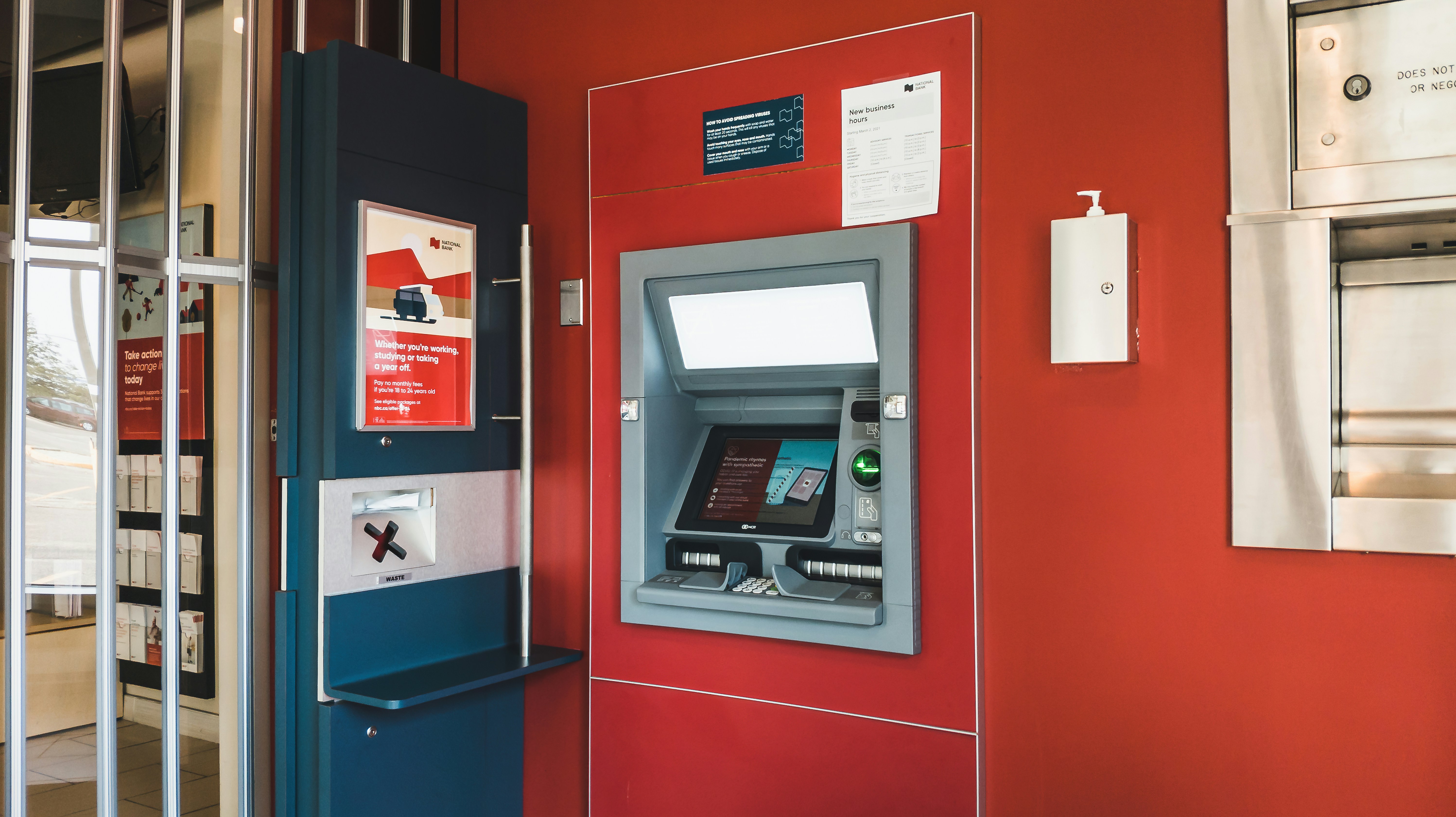Are you wondering about tax on savings interest or how much tax you have to pay on your savings interest? Most people can earn some interest from their savings without having to pay tax on it. The amount of tax you pay depends on various factors, such as your Personal Allowance, starting rate for savings, and Personal Savings Allowance. If you haven’t used up your Personal Allowance on other income, you can use it to earn interest tax-free. Additionally, you may be eligible for a starting rate for savings of up to £5,000, depending on your other income. The more you earn from other sources, the less your starting rate for savings will be. If you go over your allowance, any interest above it will be subject to your usual rate of Income Tax. Remember, there are different rules for tax on foreign savings and children’s accounts. If you have already paid tax on your savings income below your allowance, you can reclaim it within 4 years of the relevant tax year.
Tax on savings account interest
A large majority of individuals do not have to pay tax on savings interest. This means that they can make some extra money from their savings without worrying about losing a portion to taxes. In the UK, there are certain allowances and rules that determine how much tax you have to pay on your savings interest. Understanding these allowances and rules can help you maximize your savings potential and minimize your tax liability.
Personal Allowance
The Personal Allowance is a tax benefit that allows you to earn a certain amount of income each year without having to pay taxes on it. This can include interest earned from your savings. The amount of the Personal Allowance varies each year and is determined by your other sources of income, such as wages, pension, or other earnings. If you have not used up your Personal Allowance on your wages, pension, or other income, you can use it to save tax on savings interest .
Starting rate of tax for savings
In addition to the Personal Allowance, you may also be eligible for the Starting Rate for Savings. This allows you to earn up to £5,000 of interest without having to pay tax on it. However, the amount of the Starting Rate for Savings you can receive depends on your other income. If you earn £17,570 or more from other sources of income, you will not be eligible for the Starting Rate for Savings. If your other income is less than £17,570, your Starting Rate for Savings will be a maximum of £5,000. For every £1 of other income above your Personal Allowance, your Starting Rate for Savings will be reduced by £1.
Personal Savings Allowance
In addition to the Personal Allowance and the Starting Rate for Savings, you may also be eligible for the Personal Savings Allowance. This allows you to earn up to £1,000 of interest without having to pay tax on it, depending on your Income Tax band. To determine your tax band, you need to add up all the interest you have received from your savings and other sources of income.
The Personal Savings Allowance varies depending on your Income Tax band. If you are in the basic rate band, you can earn up to £1,000 of interest tax-free. If you are in the higher rate band, you can earn up to £500 of interest tax-free. If you are in the additional rate band, you will not be eligible for the Personal Savings Allowance.
Interest subject to tax free allowance
Your allowance for earning interest tax-free covers interest from various sources, including bank and building society accounts, savings and credit union accounts, unit trusts, investment trusts, and open-ended investment companies. It also includes interest from peer-to-peer lending, trust funds, payment protection insurance (PPI), and government or company bonds. However, it’s important to note that savings in tax-free accounts like Individual Savings Accounts (ISAs) and some National Savings and Investments accounts do not count towards your allowance. Different rules may apply for tax on foreign savings and children’s accounts.
Joint accounts
For a joint account, any interest earned will be divided equally between the holders of the account . However, if you believe that the interest should be split differently, you can contact the savings helpline for assistance.
Tax on interest above your allowance
If you earn more interest than your allowance allows, you will have to pay tax on the excess amount at your usual rate of Income Tax. If you are employed or receive a pension, Her Majesty’s Revenue and Customs (HMRC) will adjust your tax code so that the tax on the excess interest is automatically deducted from your earnings. HMRC determines your tax code by estimating the amount of interest you will earn in the current year based on the amount you received in the previous year.
If you complete a Self Assessment tax return, you will need to report any interest earned on your savings. You are required to register for Self Assessment if your income from savings and investments exceeds £10,000. If you are unsure whether you need to send a tax return, you can check with HMRC.
If you do not have employment, a pension, or complete Self Assessment, your bank or building society will inform HMRC of the amount of interest you received at the end of the year. HMRC will then notify you if you need to pay tax on the interest and provide you with instructions on how to pay it.
Tax paid on your savings income
If you have already paid tax on your savings interest and it was below your allowance, you can reclaim the tax paid. However, you must make the claim within four years of the end of the relevant tax year. If you complete a Self-Assessment Tax Return, you can claim the refund through that process. Otherwise, you will need to fill out form R40 and send it to HMRC. It typically takes around six weeks to receive the tax refund.
By understanding the allowances and rules for tax on savings interest, you can make the most of your savings while minimizing your tax liability. Remember to take advantage of the Personal Allowance, Starting Rate for Savings, and Personal Savings Allowance to ensure you are earning interest tax-free. If you go over your allowance, be prepared to pay tax on the excess amount. And if you have already paid tax on your savings income, make sure to reclaim any tax paid that was below your allowance.




